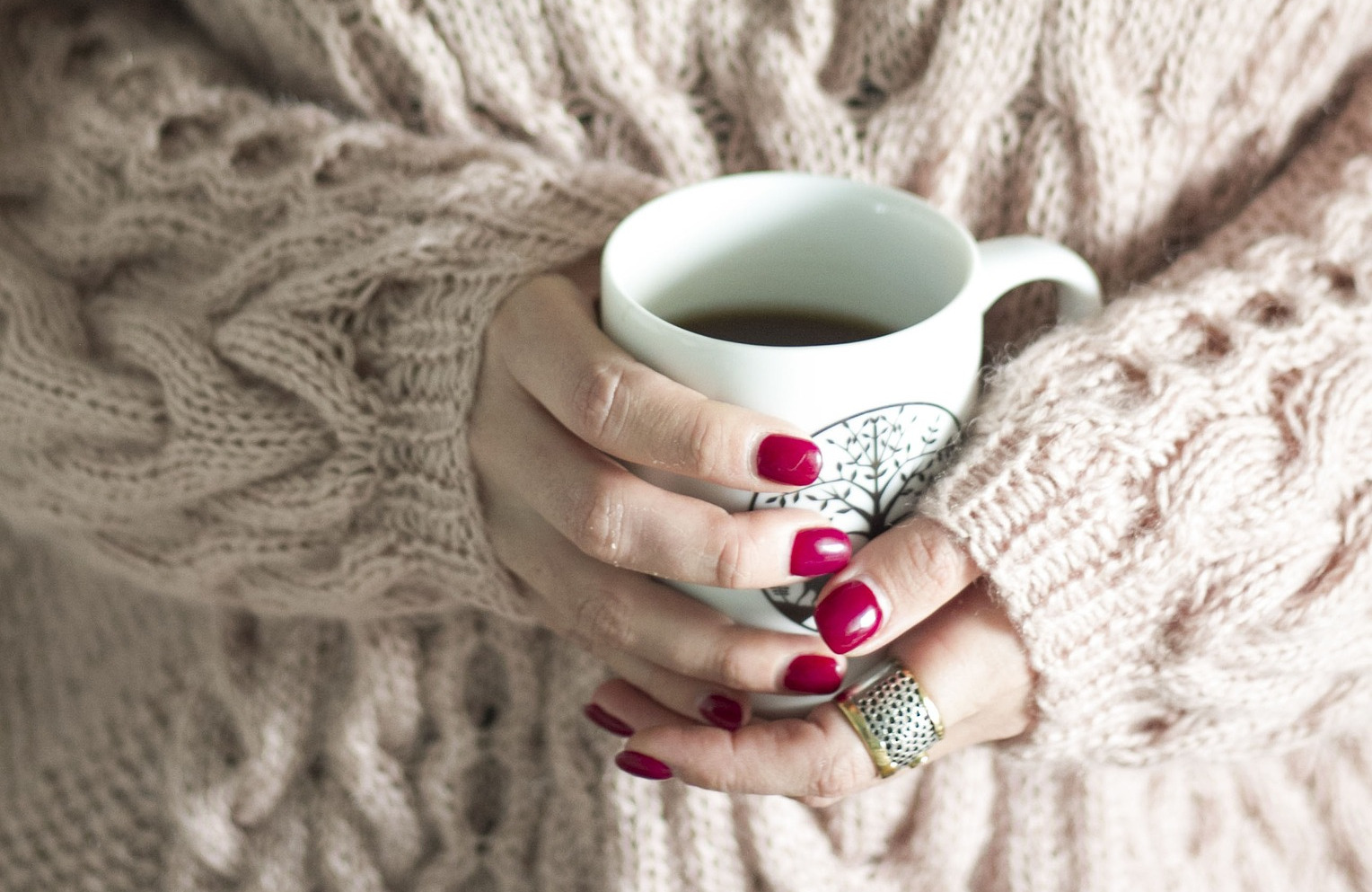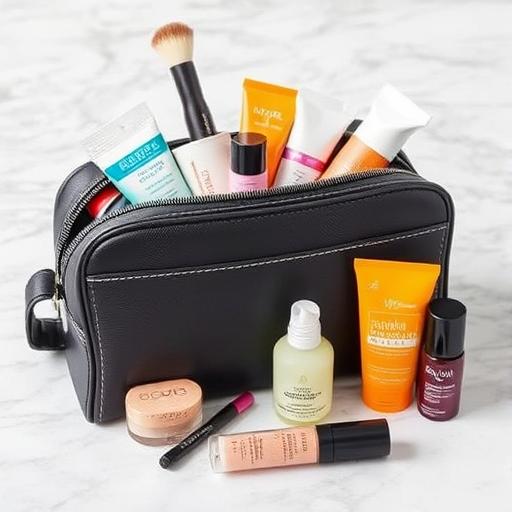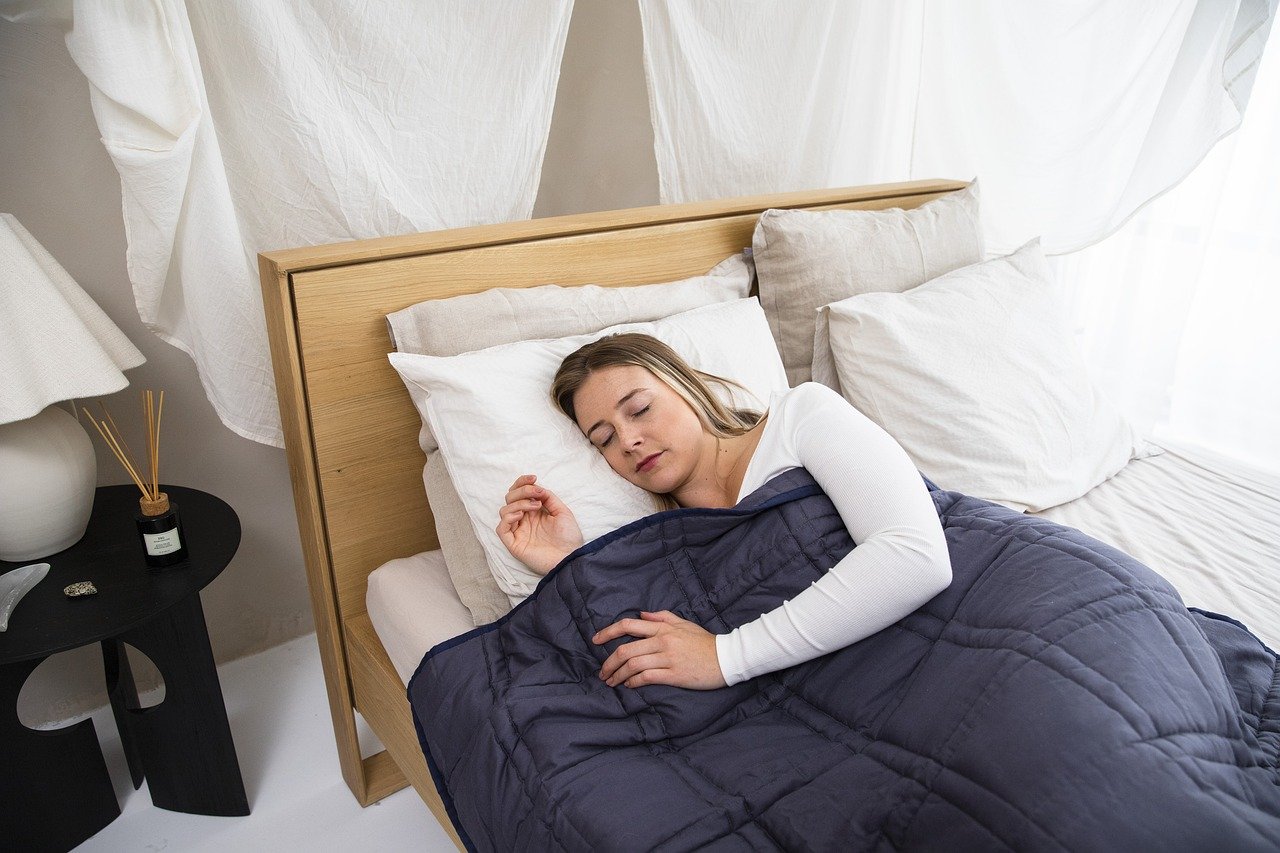
Sleep difficulties affect countless individuals worldwide. While for many, these issues are temporary, almost everyone experiences some form of insomnia during their lives. Fortunately, sleep disturbances are often effectively addressed by improving sleep hygiene, as noted by Health Line.
What is Sleep Hygiene?
Sleep researchers suggest that good sleep hygiene can be established by following a few simple rules:
- Limit daytime naps to a maximum of 30 minutes.
- Engage in at least 10 minutes of physical activity daily.
- Avoid caffeine, stimulants, and heavy, fatty foods before bedtime.
If sleep troubles persist, over-the-counter remedies or natural home treatments can help promote relaxation and ease anxiety. Before resorting to medication, it’s worth reflecting on lifestyle habits and making adjustments. If these efforts don’t yield results, natural sleep aids, often made from herbs, may be a safer alternative to prescription medications, with fewer side effects and a lower risk of dependency.
1. Chamomile
Chamomile can be used in various forms: tea brewed from its flowers, diluted essential oil for aromatherapy, or topical applications. It’s also available in capsules or tablets from pharmacies.

Known for its calming effects, chamomile helps with relaxation and sleep. It’s particularly beneficial for postpartum women seeking better sleep quality and for reducing symptoms of depression. Beyond its sedative properties, chamomile aids digestion, soothes the skin, relaxes muscles, and alleviates headaches.
Usage Tip: Always dilute chamomile essential oil with a carrier oil like olive oil before applying it to the skin. Conduct a patch test by applying a small amount to the inner forearm. If no irritation occurs within 24 hours, it’s safe to use. Remember, essential oils should never be ingested.
2. Valerian Root
Valerian root has demonstrated calming effects, though more research is needed to fully understand its benefits. It may interact with certain medications, so use it with caution. Valerian is useful for treating insomnia and improving sleep quality, particularly in menopausal women. It can be combined with other herbs like hops or lemon balm.
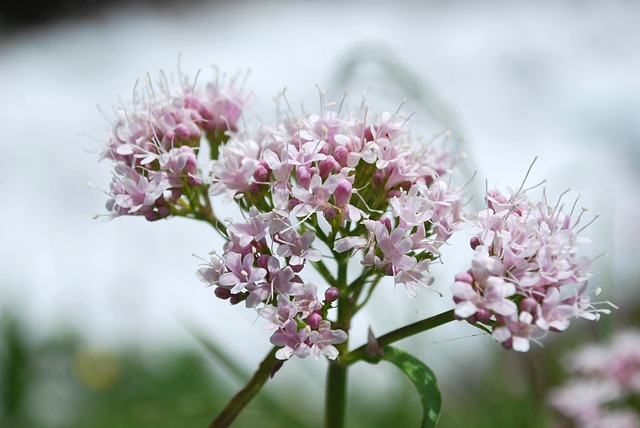
Additional Benefits: Valerian may also ease menstrual cramps, muscle pain, joint discomfort, depression symptoms, and headaches.
Usage Tip: Gradually increase the dosage when using valerian and consult a healthcare provider for guidance.
3. Hops
Hops, commonly used to flavor beer, also have proven sleep-promoting properties. Available as essential oil, powder, or capsules, hops can also be consumed in non-alcoholic beer before bedtime for a calming effect.

Additional Benefits: Hops lower cholesterol levels, reduce irritability, aid digestion, and possess antibacterial properties.
4. Passionflower
Passionflower is another herb with proven sedative effects. A four-week study showed that it alleviated sleep disorders and reduced anxiety levels in participants. Passionflower can be consumed as tea or in capsule form.

Additional Benefits: It’s a natural pain reliever, muscle relaxant, and anti-inflammatory agent. It also alleviates menopausal symptoms.
Usage Tip: Pregnant and breastfeeding women should avoid passionflower. It can interact with medications such as tranquilizers, blood thinners, and certain antidepressants. Consult a healthcare provider before use.
5. Lavender
Lavender is a fragrant herb widely used in medicines, perfumes, and oils for its health-boosting and soothing properties. It can improve sleep quality, especially in postpartum women. Methods of use include adding essential oil to a diffuser near the bed, applying diluted oil to the forehead and nose, or placing a few drops on a pillow. Dried lavender can also be used for tea or sachets.
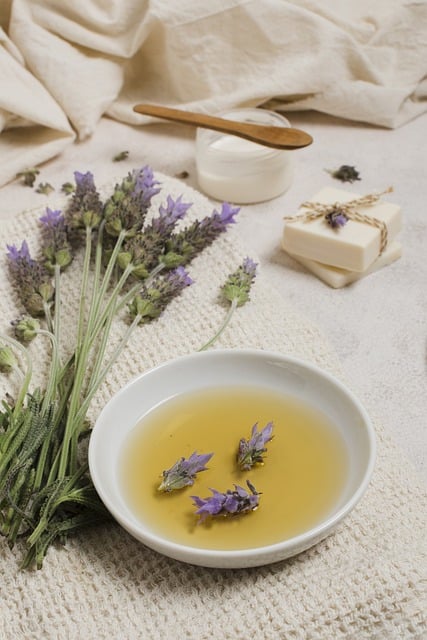
Additional Benefits: Lavender alleviates headaches, boosts circulation, disinfects wounds, soothes stomach issues, and relieves respiratory problems.
By incorporating these natural remedies and maintaining good sleep hygiene, you can address sleep problems more effectively and wake up feeling refreshed. Always consult a healthcare professional before starting any new supplement, especially if you are taking medications or have underlying health conditions.


